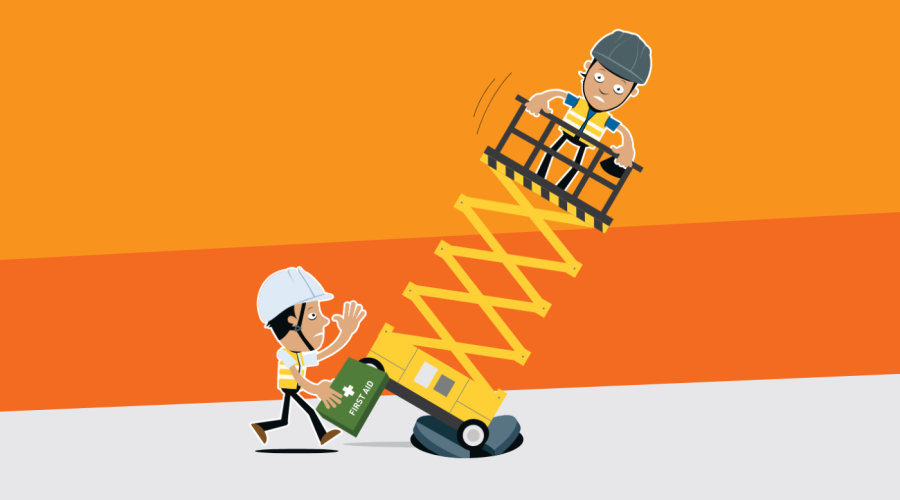Search
-
-
-
5844: Is it necessary to wear a harness in a MEWP?
See IPAF's technical guidance H1 on harnesses.
-
-
-
-
-
-
-
-
-
-
This resource is for members only. Please login or consider becoming an IPAF member.
-
-
5841: Is it appropriate to exit the MEWP platform when working at height?
No, unless a rigorous risk assessment carried out as part of planning the job indicates that this is the safest and most effective means of accessing a particular location, taking into account the availability on site of other more suitable access equipment and the practicability of providing the same within the required timescales for the task to be carried out.
See IPAF's technical guidance E2 on exiting the platform at height and this extract from BS 8460 (the British Standard on “Safe use of MEWPs – Code of practice”) on the subject.
-
-
-
-
-
-
-
-
5823: Do I need training on a small static vertical machine without drive, also known as a Push Around Vertical (PAV)?
Yes, training on a PAV is a direct legal requirement, and there is a half-day course for this. If you have a valid licence with Static Vertical (1a) or Mobile Vertical (3a), you will only require familiarisation on the machine, which should be recorded in your IPAF log book, or through the ePAL app.
This is due to the PAV being a simpler version of a 1a which operates in the same way as a 3a but without the ability to drive.
This principle cannot be applied to any other categories due to the operational methods and risks differing significantly between the categories. For example, if an operator is trained on a 1b only, this MEWP cannot be driven elevated where a 3b can, and the operator would not have been trained on that skill. Similarly, if they are trained on a 3b only, they have not been trained on setting up a 1b effectively on spreader pads.
See IPAF technical guidance F1 on familiarisation.
-
-
-
-

